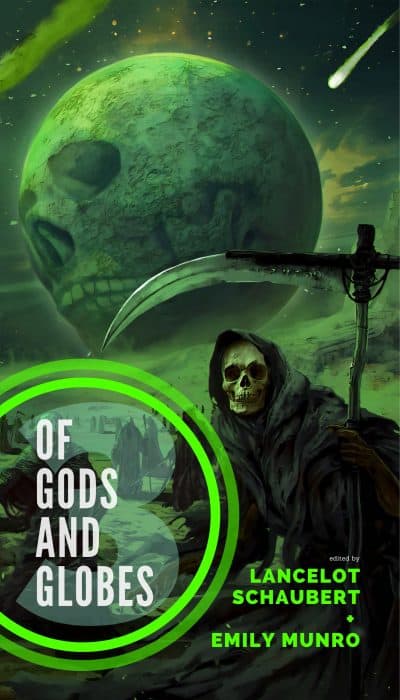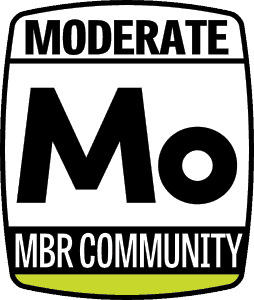Description
Given that we know that the moon holds sway over the ocean tides, and the almost universal testimony of the effect of a full moon on people, it seems plausible that there are planetary effects that are more mysterious than we have discovered. Does a bias against seeming superstitious or appearing to descend to horoscope folly cause the scientific community to leave such questions less explored than they should be?
After all, our words “influence” and “lunacy,” not to mention the names of the days of our week, remind us that this belief has a strange staying power. Science has a very different view of energy than when astrology was rejected, so maybe it is possible to study our relationship to the cosmos in a way that avoids the pseudoscience but answers our lingering questions, like the impact of the moon on hospitals? What we don’t know about such things could and does fill many books. But even Disney continues to invite us to wish upon a star. What there is to that idea scientifically we don’t yet know, but anthropologically there’s something profound at work. Maybe we need a branch of psychology devoted to the symphony of the spheres?
Or maybe we need Of Gods and Globes III to speculate on the connection with fantasy and sci fi stories?




Comments